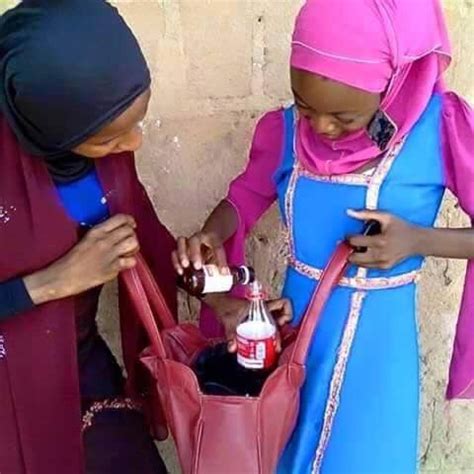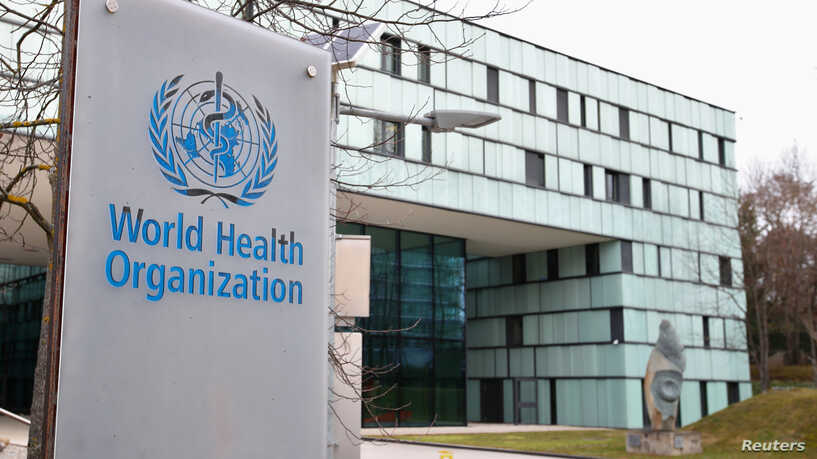
Senegal gets 88 million euros emergency support for COVID-19 from AfDB
Senegal gets 88 million euros emergency support for COVID from AfDB |
|
The Board of Directors of the African Development Bank (www.AfDB.org) on Friday approved a loan of 88 million euros to Senegal, hit hard by the novel coronavirus pandemic, in support of the costs of its national COVID-19 Economic and Social Resilience Program. The financing, which falls under the Bank’s COVID-19 Rapid Response Facility, will provide the nation with an emergency budget support program (PUARC) aiming to address the health, social and economic impacts of the crisis. The operation will target support measures providing relief to the most vulnerable households, while safeguarding jobs and enabling businesses to quickly resume. The operation will help strengthen the health contingency action plan through support to patient case management and care facilities with the construction of three new Epidemic Treatment Centers (ETCs), the upgrading of 7 others, as well as improving capacities of the intensive care units. PUARC will also support the distribution of food kits and the payment of the electricity and water bills for vulnerable households. These emergency measures should enable both rural and urban households to make up for the loss of income caused by the pandemic and boost existing measures, such as cash transfers for the poorest. The operation will also support the adoption of measures to shield workers from dismissal and technical unemployment during the pandemic, ensuring that workers are paid a guaranteed minimum wage. “Senegal is among the first countries in sub-Saharan Africa to face the pandemic. I congratulate the government for the significant efforts deployed and for the bold measures taken at a very early stage, which helped to control the spread of the virus and its social and economic impact,” Bank Director General for West Africa Region Marie-Laure Akin-Olugbade said following the approval. The COVID-19 pandemic is already having a significant impact on the Senegalese economy, through the rapid deterioration of global economic conditions and the spread of the disease. Real GDP growth projections have been revised down from 6.8% to less than 3% for 2020, due to a slowdown in the tertiary sector, especially the tourism and transport sectors. At the national level, measures to close borders, a curfew and social distancing have deepened the impact of the pandemic on certain sectors and led to the cessation of activities in others.. Sectors such as tourism, land and air transportation, trade ((including youth and women involved in informal sector and cross-border trade) and education are therefore directly affected by the crisis. “The operation approved today by our Board, will allow the country to create the necessary fiscal space to address the emergency situation, while preserving the macroeconomic framework and growth, to support SMEs and to help the vulnerable populations most affected by the crisis,” Akin-Olugbade further said. As at 29 May, the country had recorded 3,429 coronavirus cases, with 41 deaths. |




Recent Comments